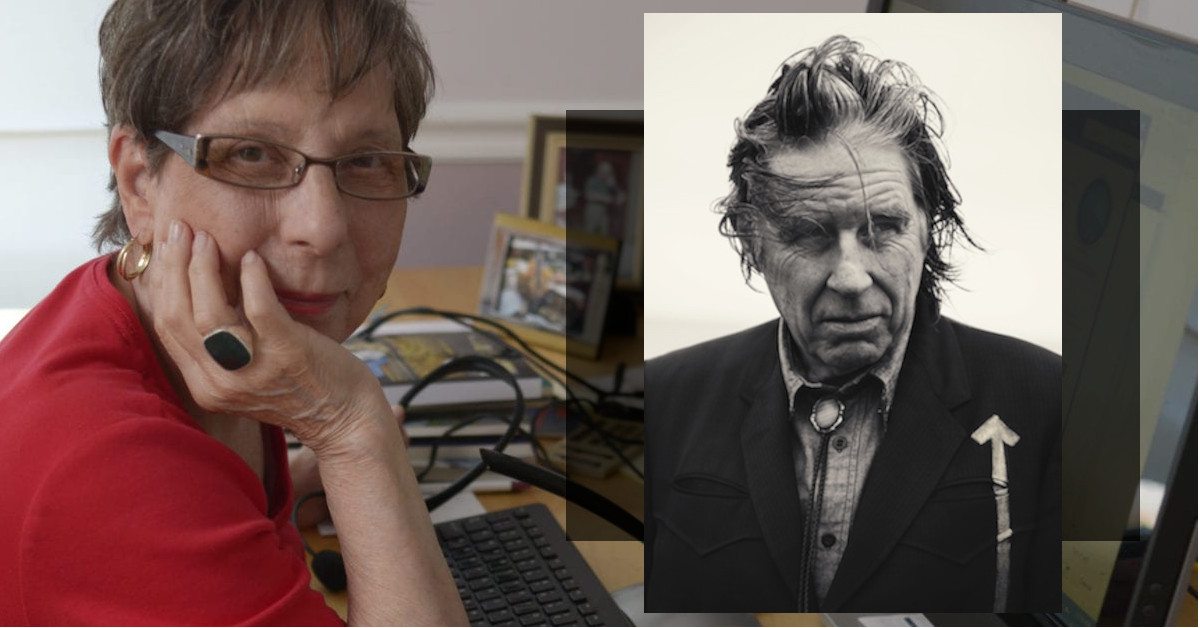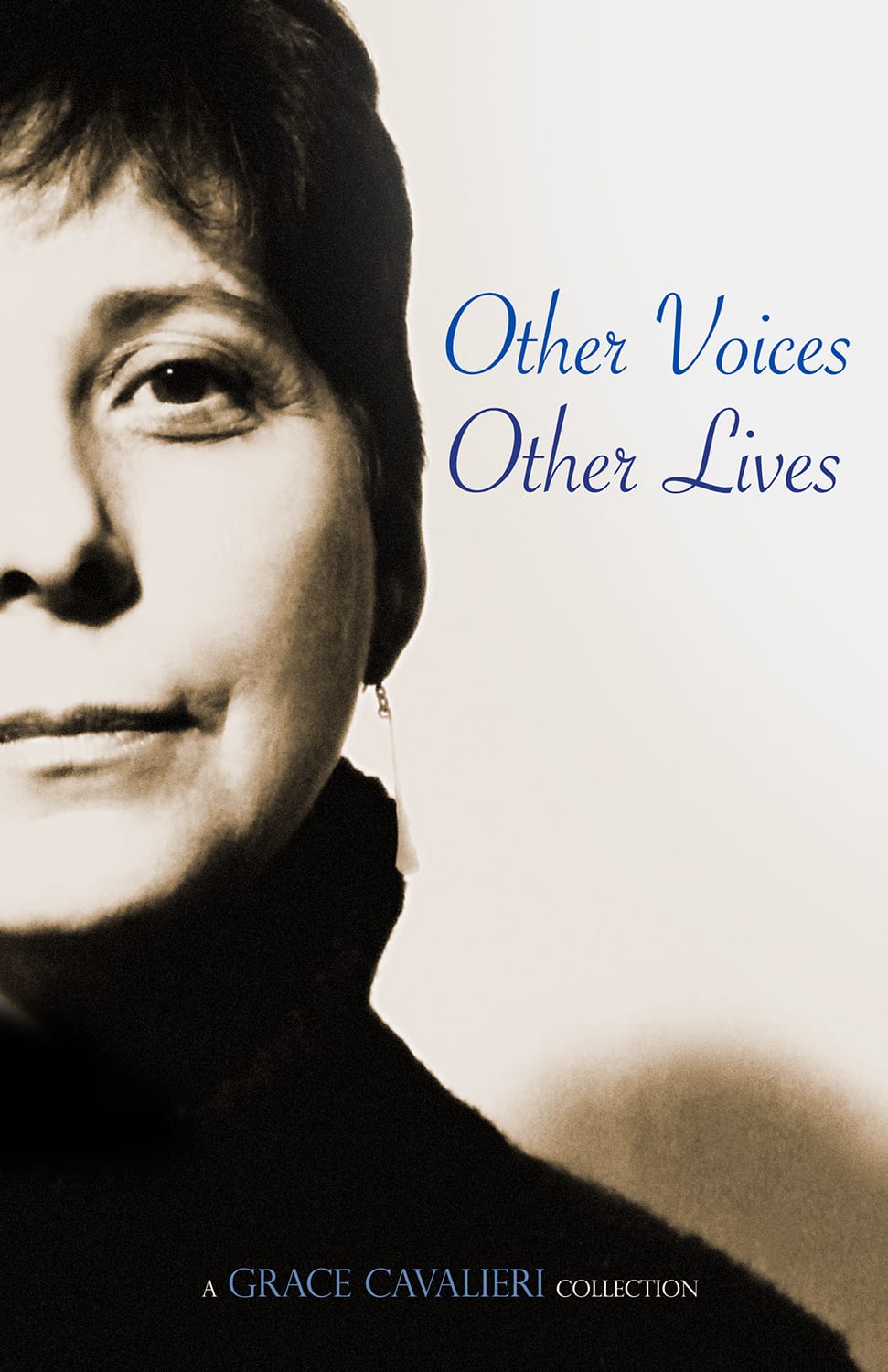John Doe of Band X Recalls his Time Studying Under Grace Cavalieri at Antioch
The punk-rocker, like so many others, discovered poetry through Grace Cavalieri. She offers some sound advice for aspiring readers.

John Doe, California punk-rocker of the band X shares a common trait with so many Maryland and D.C. poets: he discovered poetry through Grace Cavalieri. While Grace has introduced countless readers to poetry through her original work, it was in Grace's class at Antioch that Doe discovered the "current" poets whose vernacular was similar to his own. In an article from The Tampa Bay Times, Doe describes her method:
What she did was tell me, "Don't read anything that was written earlier than 1945 so you can be inspired by current poets that were alive and had a similar kind of vernacular, a similar way of talking in life." So when you do this, you don't have the hurdles, perhaps, of Shakespeare or Tennyson.
In his new book Under the Big Black Sun: A Personal History of L.A. Punk, Doe goes into more detail about his time studying under Grace and her influence on him and his music.
Grace's own poetic history can be found in the selected work Other Voices, Other Lives. OVOL features poetry both new and old, as well as selections from a number of Grace's plays, and even transcripts of her interviews with poets like Rita Dove. More about OVOL here.
Other Voices, Other Lives: A Grace Cavalieri Collection is a selection of poems, plays, and interviews drawn from over forty years of work by one of America’s most beloved and influential women of letters. The author of 23 books of poetry and 26 produced plays, and the founder of the legendary radio interview program, The Poet and the Poem, Grace Cavalieri has won multiple national awards for her writing and her service to literature. She currently resides in Annapolis, Maryland.
Small Press Week 2018: Monday, a look back at the Inception of ASP
We’d been talking about founding a press for a few years. I was becoming increasingly frustrated and angry about what was happening to some of the books I’d edited, and to some of my writer friends. Some of the books I worked on already had committed publishers, who knew my work and wanted me involved, and that’s great. But sometimes I was hired by a writer who had a publisher but knew they were not going to give the book a thorough edit – there is less and less of that going on these days, as you can see from opening even a big-name title. And I think — we think — that that is awful. If you are published by ASP, you get a thorough and very fine edit…
Featured Audio: “The Lovesick Lake,” a Story by James J Patterson
“Lovers of the personal essay should be rejoicing in the streets at word of this collection. For readers and acquaintances of Jimmy Patterson, it is long overdue, but the author was born in Washington, D.C., where the machinery of progress is congenitally slow. So this book, in many important ways – is what all satisfying collections of autobiographical essays should be – a mirror of place.” Rick Walter
Armistice Day, known in the US as Veteran’s Day, is now a work week past, but for James J Patterson it is a memory and idea that refuses to restrain itself to a 24 hour period. Yesterday we published his moving account of those veterans of The Great War he knew growing up, memorializing and contextualizing them for an audience whose experience of the war may only be through the muddy, pained faces in old photographs…
The World of Yesterday (Armistice Day, 2018)
My father always said that his first memory was of standing on the couch in his parent’s living room, small hands on the back cushion, peering out a picture widow at a neighborhood street in Bend, Oregon. There is a slow-moving line of cars and horse-drawn carriages inching its way down the lane. The line of cars is there every day, and every day he stands there and watches. His street is a long one and at the end of it is the cemetery. He is not allowed to go outside to play. Death is all anyone talks about. Death from a great flu epidemic. Death from a great war just ending. Everyone has lost someone. Most have lost a few. It is 1918…
